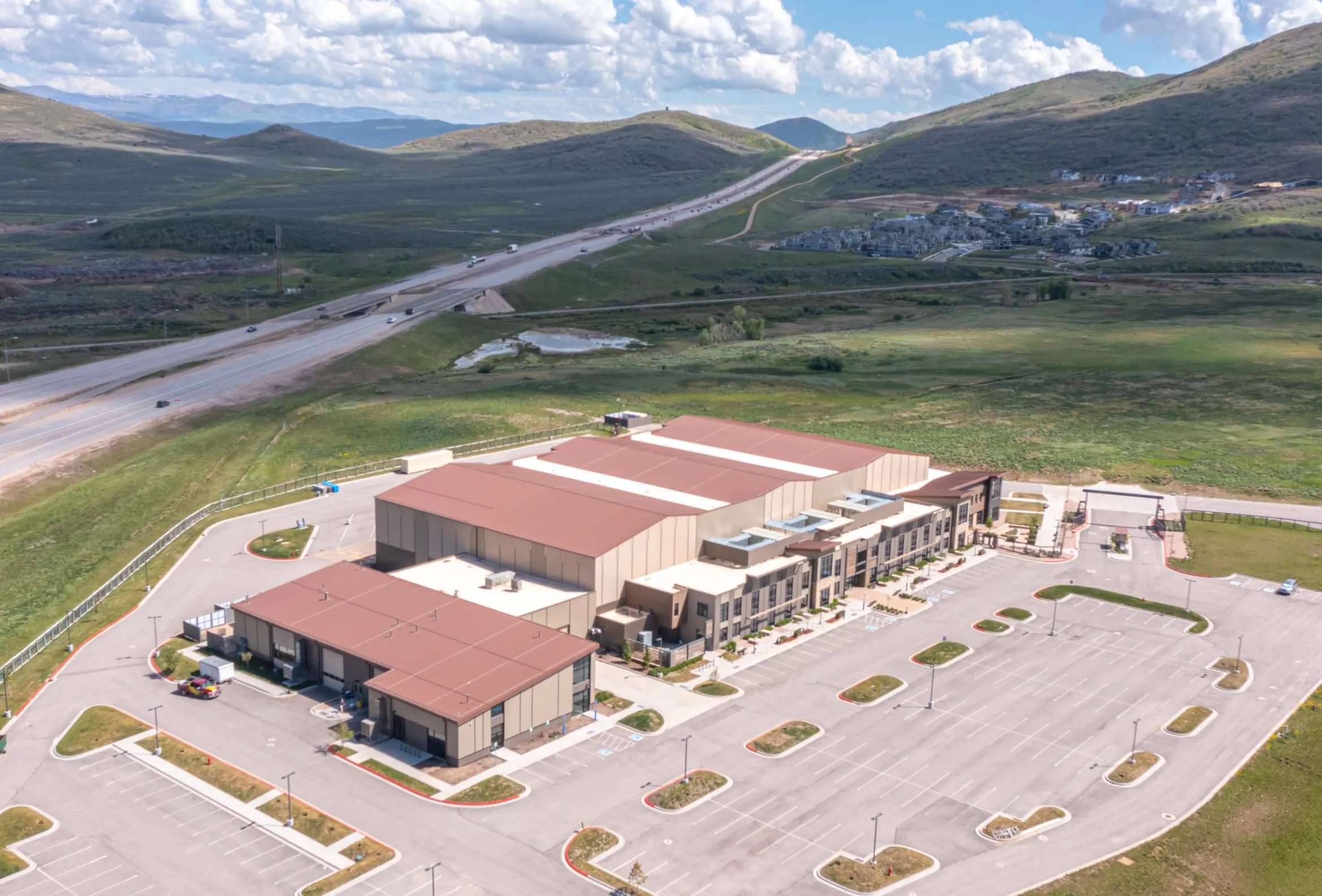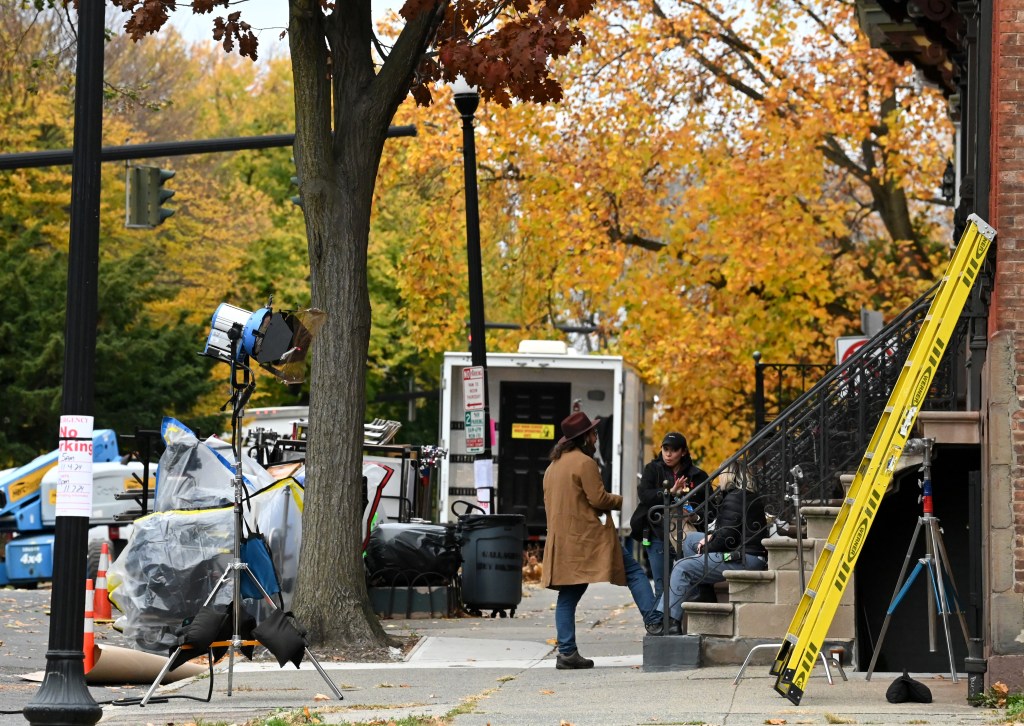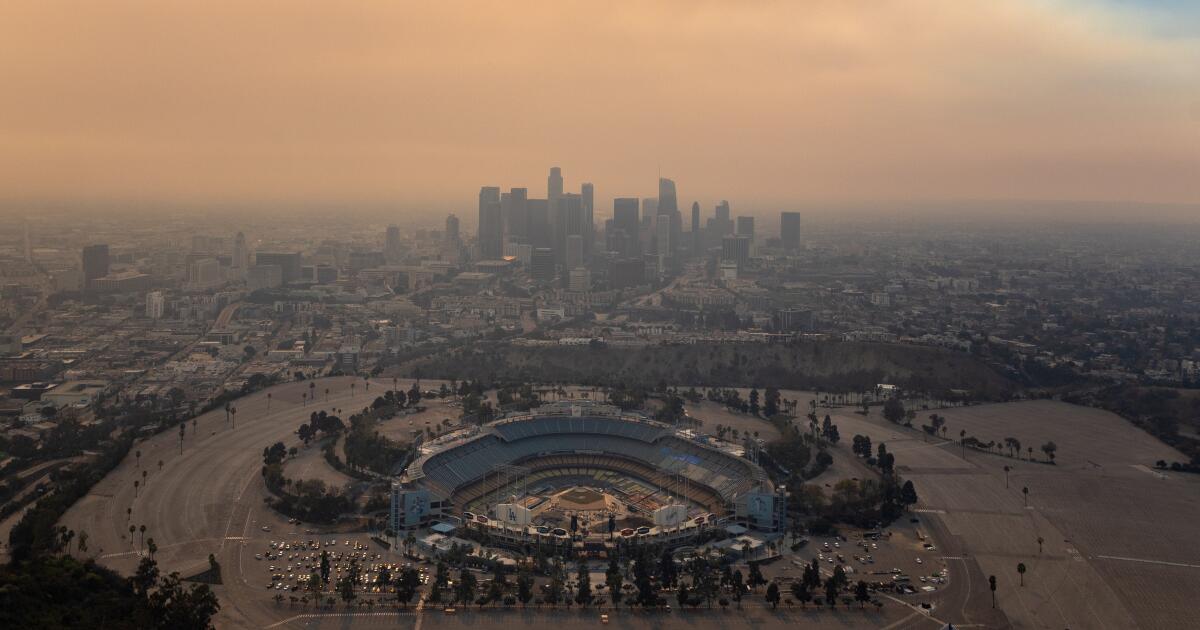Welcome Back to Production.ink, Issue #17. We at Production.ink stand with our industry and our thoughts especially go out to everyone impacted by the recent wildfires in L.A. It got us thinking about how mainstream content creators are dealing with the other perfect storms that hit Hollywood recently, including the fires, strikes, the dramatic shift in viewing habits, and the overall macro trend of industry retrenchment and consolidation. TL:DR? Hollywood will need to dramatically evolve to meet these challenges or it will become irrelevant in the second half of this decade.
Remember when streaming platforms were churning out shows like there was no tomorrow? Well, those days are long over. 2025 has ushered in a new era in Hollywood, and it's all about working smarter, not harder.
Let's be real—the industry went a bit crazy during the streaming wars. Studios were throwing money at practically any project with a pulse, leading to what many now call "peak content." But after the dust settled from the 2023 strikes and the economic reality check that followed, things looked very different.
The numbers tell a sobering story. Hollywood studios have tightened their belts, cutting spending by 20% compared to their free-wheeling days. The strikes alone cost the industry a whopping $5 billion, with California taking a $3 billion hit. Add to that the devastating impact of the recent wildfires that ravaged Southern California's production hubs, forcing countless productions to relocate or shut down entirely. The combination of labor disputes and natural disasters created a perfect storm that the industry couldn't ignore.
But here's where it gets interesting. Instead of panicking, the industry is getting smarter. Studios are taking a good, hard look at what they're making and why. The strikes brought crucial issues to the forefront - from AI usage to streaming residuals - forcing a complete overhaul of how productions are budgeted and executed. It's no longer about flooding the market with content and hoping something sticks. Now, it's about making shows and movies that have a shot at finding their audience while ensuring fair compensation for everyone involved.
And let's talk about the elephant in the room that Evan Shapiro warned us about: the "creator economy". While traditional Hollywood was busy navigating strikes and natural disasters, a new generation of content creators on platforms like YouTube, TikTok, and Instagram has been quietly revolutionizing the entertainment landscape. These creators are pulling in millions of viewers with production budgets that wouldn't cover craft services on a traditional set. They're proving that authentic storytelling and direct audience connection often matter more than big-budget special effects.
The international scene is where things get more interesting. Trump's threatened new tariffs (with China, Canada, and Mexico) will shake things up big time. But here's the twist: Canada might end up being the unexpected winner in all this. With the Canadian dollar potentially dipping below 70 cents U.S., their rock-solid tax incentives, and notably, their more stable climate conditions, our neighbors to the north are looking pretty attractive to producers trying to stretch their production dollars. Meanwhile, independent filmmakers are having a moment. The UK and Ireland just rolled out some sweet 40% incentives for indie productions, and smart producers are jumping on these opportunities. It's like the industry's version of "when one door closes, another opens."
The fascinating part? This whole reset is forcing everyone to get creative - and not just in the artistic sense. Production companies are finding clever ways to work around these new challenges. Some are teaming up with international partners, others are completely rethinking how they make content. Many are incorporating climate resilience into their production planning, with flexible shooting schedules and backup locations becoming standard practice. And increasingly, they're taking cues from social media creators, adopting more agile production methods, embracing direct audience feedback, and going all-in on social media promotions.
The creator economy, projected to hit half a trillion dollars by 2027, isn't just a sideshow anymore - it's becoming a main event. Traditional studios are scrambling to understand why a TikTok creator with a ring light and a smartphone can sometimes generate more engagement than a $200 million blockbuster. This shift has led to an interesting hybrid model, where traditional production values meet creator-style authenticity and audience engagement.
Looking ahead, it's clear we're not going back to the wildest days of unlimited budgets and greenlit projects. But maybe that's not such a bad thing. The industry is finally sobering up after a long content binge, and while the hangover isn't fun, we're all probably better for it.
What we're seeing in 2025 isn't just a temporary adjustment - it's a fundamental shift in how Hollywood operates. The focus on quality over quantity, smarter spending, and strategic international partnerships isn't just a trend. It's the new playbook for an industry that's finally learning to balance creativity with sustainability, both environmental and economic.
The bottom line? Hollywood isn't dying - it's evolving. And while change is never easy, this new era of thoughtful, strategic content creation, influenced by both traditional wisdom and creator economy innovation, might just give us better shows and movies in the long run. After all, isn't that what this is all about?






Walden Media has named Juliana Janes as executive vice president of development and production.
IFC Films has brought on Ayo Kepher-Maat as VP, Acquisitions & Productions
Rampage ‘n J Productions, the production company of Quinton “Rampage” Jackson has hired Carli Haney to oversee development and production.
Nicole Emanuele Joins Yes, Norman Productions as Head Of Development & Production.
Shaftesbury appoints Shauna Jamison as VP, production.
Independent Artists Group has promoted Anthony Marotto to Vice-President, Physical Production.
Finally, Happy Valentine's Day to all our friends and families.
Thanks for reading. See you soon. - The Production.ink team
Physical Address: 367 St. Marks Avenue, Suite 765, Brooklyn, NY 11238





